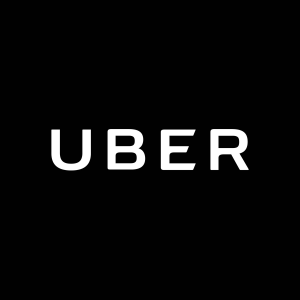Recently, a fellow student in Comm101 made an interesting blog post detailing the reason behind Uber’s failure to be granted a renewal for a license to operate in London, England. Jue Wang expressed their thoughts about the situation and argued that Uber’s software called Greyball, was unethical and is a violation of the privacy of their consumers. After reading Jue’s blog, and the articles he found his information, I also agree with Jue on the unethicality of Uber’s Greyball software, and the repercussions which can occur, as seen with the Transport for London (TfL) refusing to renew Uber’s private hire operator license.
First off, Greyball, is a software inside the Uber app, that scans various parts of the user’s information, like their credit card and social media, in order to determine whether the person using the app should be given the legitimate app information, or whether the user should be given a fake map and interface that displays no cars available. This was apparently used to determine whether the user was a member of law enforcement or a government official, in order to avoid having them utilize their services. Uber has denied these claims, by stating it was being used by employees in order to “test new features, fraud prevention, to protect our partners from physical harm, and to deter riders from using the app in violation of our terms of service.”
Personally, I find Uber’s use of Greyball to be highly unethical, even if Uber says it is for legitimate reasons, as I personally would feel a violation of my privacy by Uber if I had used their app, and then found out that they had secretly been looking at my credit card, social media, and location. Personally, in this new age of technology, I believe that it is in the best interest of the company and consumer for tech companies to ensure the protection and privacy of people’s information. Because of Uber’s failure to protect their consumers privacy, and their shady software which can identify law enforcement, I believe that Uber has failed to live up to the stakeholder theory, which states that in order for a company to maintain success over an extended period of time, they have to focus on providing security to all of their stakeholders. In this situation, Uber may be providing financial security to their shareholder’s by having software which may prevent law enforcement from using their services, however, their lack of privacy in regards to their consumers shows that they lack providing security to consumer group of stakeholder’s in Uber.
Word Count ;431






